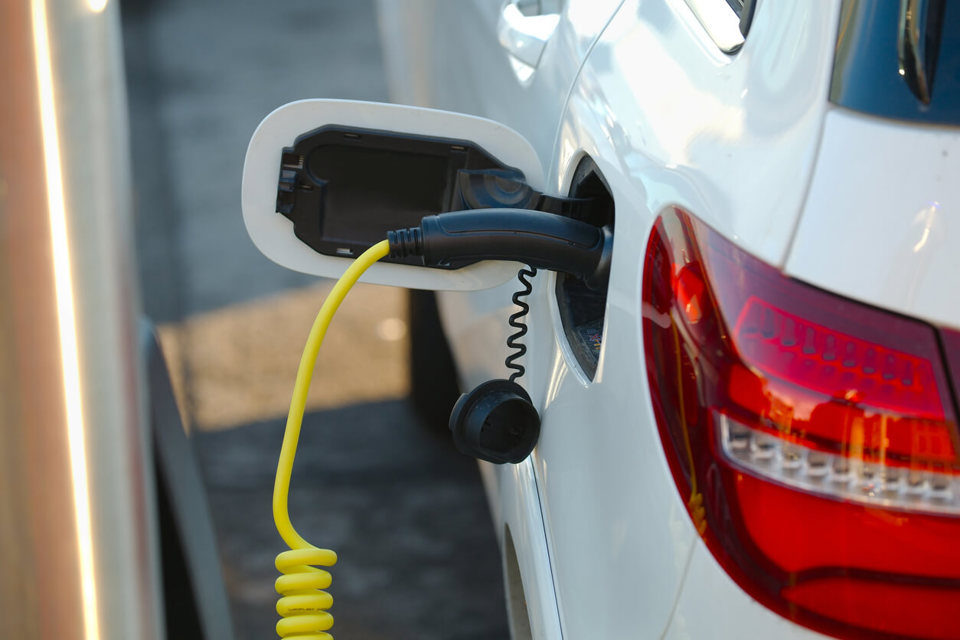Evaluation tools that help fleet managers and their drivers assess the suitability of electric vehicles (EVs) for their specific needs could become central to wider adoption, says FleetCheck.
Peter Golding, managing director at the fleet software specialist, says that some quite rudimentary products are already available, but that they need to become much more thorough and accurate to help speed up acceptance.
Assessing whether a driver should be provided with an EV as a company car involves some quite complex decisions involving each individual driver’s access to charging, and how their commute and daily work journeys match up with the available range, explains Golding.
“This is not necessarily the easiest task and getting these kinds of calculations wrong could potentially have not just a negative impact on individual cars and drivers but on wider corporate perception of EVs,” he said.
“As fleets start to adopt these cars, their acceptance is very much going to be based on how they are rated by the earlier adopters in each company.
“If you have a handful of drivers who end up spending a lot of time in motorway service stations because their car doesn’t have the range they need, it is likely to affect EV adoption right across your organisation.”
Golding believes that the basic evaluation tools that have been made available so far were a step in the right direction, but that more sophisticated solutions were needed.
He continued: “We hope to soon see assessment products that, for example, will incorporate telematics data from individual driver journey patterns over time that can tell them whether a specific EV with a certain range is likely to meet their requirements. It might even do this using information about the geographical distribution of specific charging points.
“Our view of the EV situation is that it is all about making adoption as easy as possible, so technology of this kind should be a definite priority.
“Really, all a driver or a fleet manager wants is a yes or no answer to the question of whether a specific EV will work for them.”
He also believes that the increasing availability of mainstream EV models that offered a variety of price and range options will only add to the demand for these kinds of tools.
“The forthcoming Volkswagen ID 3, as an example, will be available with three different battery packs of 45, 58 and 77kWh, offering different ranges of between 205 and 342 miles," he said.
“In some respects, this is nothing new. Most EVs available to fleets so far have offered a variety of range and price options but, to date, this has had a limited impact because there have simply been very low numbers in operation.
“However, vehicles such as the ID 3 look set to change that. This is a genuine mass market vehicle designed to be sold to almost any existing Golf customer.
“This means that the whole range issue comes into much sharper focus, especially related to the quite widely differing price points at which each battery option will be sold and how these will affect their presence at certain levels on choice lists.
“These are factors that fleets are going to have to learn to incorporate into their decision making and it will probably not be that simple to achieve. Technology that makes the process easier will be essential and we are looking to support our clients in this area.”























Login to comment
Comments
No comments have been made yet.